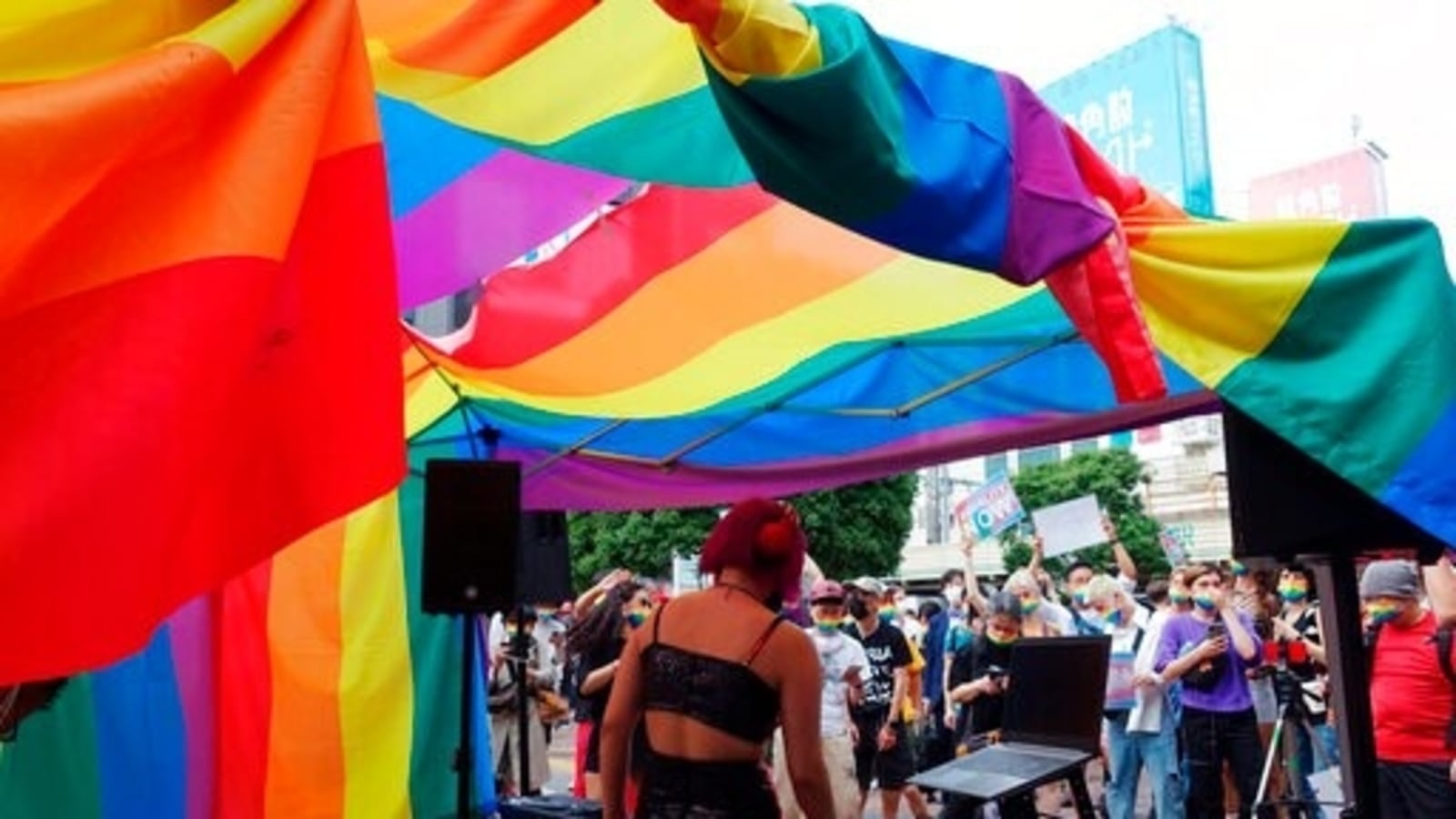
LGBTQ activists in Japan plan to use the Tokyo Olympics as a “turning point” for non-heterosexual and non-cisgender rights in the country, due to the wide international attention involved with the multi-sport event. “The Tokyo 2020 Olympics is galvanising huge international attention to how this country is going to address LGBTQ issues,” said Gon Matsunaka, head of Pride House Tokyo, a community hub recognised as part of the Olympic programme. The renewed push for long-term changes in favour of the protection of gay rights in Japan comes amid the backdrop of the country’s parliament mulling over an anti-discrimination bill and growing support among the younger population for LGBTQ-friendly laws.
The 2020 Summer Olympics in Tokyo, while originally scheduled to take place from 24 July to 9 August 2020, was eventually postponed as a result of the coronavirus disease (Covid-19) pandemic. Now, the much-awaited global games are slated to be held from 23 July to 8 August 2021 in Tokyo.
The fact that the games were pushed back this year comes with revamped global attention. Speaking with reporters at the Foreign correspondents’ club of Japan, Gon Matsunaka detailed the LGBTQ campaign’s plan to use the heightened international spotlight to push for gay rights. “By utilising this huge momentum, we aim to do two things: first, to create change inside Japan’s sports industry, and second to create change in society itself,” he said.
Japan’s handling of LGBTQ rights is chequered with controversies. While the country has some protections for sexual minorities, it remains the only G7 nation that does not recognise same-sex unions, and many couples say they can struggle to rent apartments together and are even barred from hospital visits.
The situation is equally arduous for Japanese athletes. It is “very difficult” for LGBTQ sports figures in Japan to be honest about their sexuality, said Fumino Sugiyama, a former athlete who was on the national women’s fencing team before coming out as a transgender man. Athletes are afraid they will disappoint their fans and families, or that they will face discrimination from their sports association that could hinder their career, Sugiyama explained.
Japan’s proposed anti-discrimination law has been under discussion for years and gained traction after a group of lawyers began working on it in 2015. During one debate in May, a Liberal Democratic Party (LDP) lawmaker — a member of the conservative ruling party — sparked outrage by reportedly saying same-sex relationships threaten “the preservation of the species”.
However, things do have the potential for change, LGBTQ activists believe. Yuri Igarashi, director of the LGBTQ rights group J-ALL, told reporters there was still time for the proposed law to be passed before the parliament session ends next week. “We would like them to fulfil their promise to the people of this country,” she said, citing a 2019 election pledge by the LDP to “promote understanding” of LGBTQ issues.
At the UN, Japan has supported an anti-discrimination resolution, Igarashi added, while prime minister Yoshihide Suga recently spoke out against prejudice and discrimination. An increasing number of local governments and private companies are also introducing more inclusive policies, and a recent landmark court verdict called the failure to recognise same-sex marriage unconstitutional.
(With inputs from AFP)








